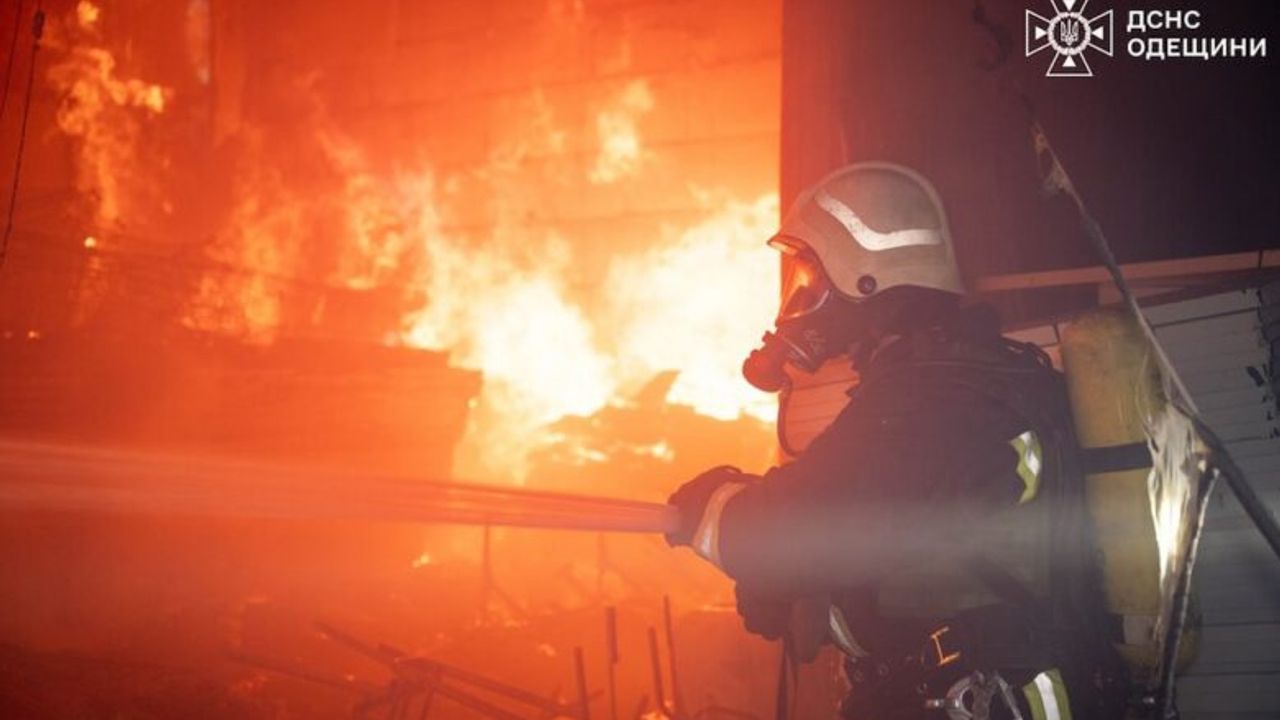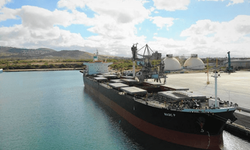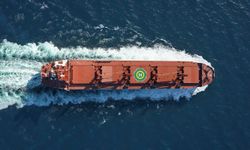This follows the first confirmed strikes on commercial vessels in nearly a year, with four international merchant ships coming under fire in the past five weeks.
Ukrainian foreign minister Andrii Sybiha emphasized the need for international support to protect maritime operations, stating: “Ukraine has officially appealed to the IMO to immediately send an international monitoring mission to the ports.” He made these comments in Odesa after meeting with representatives from the Nordic-Baltic Eight group.
As attacks on Ukrainian ports have intensified, Sybiha highlighted the broader implications of the situation on social media, calling it a "deliberate terrorist tactic" and urging global cooperation to secure freedom of navigation and maintain global food security in the Black Sea.
Maritime security consultant Ambrey has advised vessels operating in the Black Sea to conduct thorough dynamic voyage threat assessments and review emergency response protocols for attacks on Ukrainian ports. During aerial strikes on port infrastructure, crews must remain inside the vessel’s superstructure.
Since the collapse of the UN-brokered Black Sea Grain Initiative in July 2023, Ukraine has established an alternative export corridor. Ships from Odesa, Chornomorsk, and Yuzhny now use routes along the Danube or follow the coastlines of Bulgaria and Romania to reach international markets. Before the recent attacks, Ukraine’s grain exports were at their highest pace since the conflict began.
Broker analysis from Braemar indicates that the profile of vessels engaged in Black Sea grain exports has shifted significantly. Older bulk carriers, particularly small handy-sized and older Panamax vessels, now dominate the trade. The proportion of bulkers over 20 years old has increased to more than a third this year, compared to 15% in 2020. In contrast, the market share of bulkers under 10 years old has declined from nearly half in 2020 to just 10% over the past five years.






